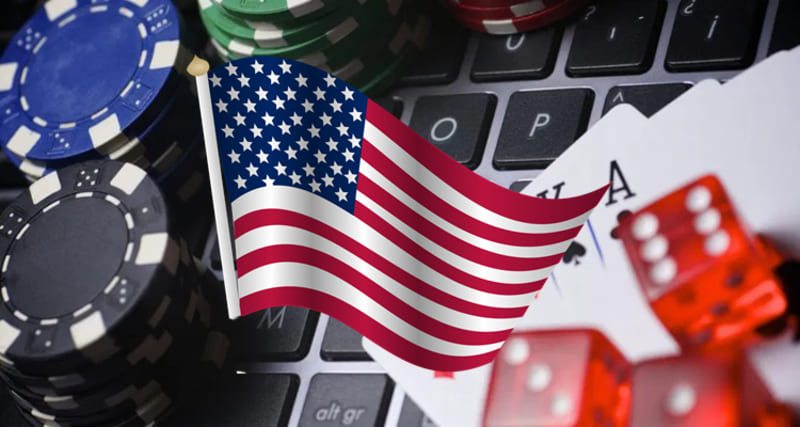There is no federal law against online poker and, as of now, individual states have the right to regulate the industry within their borders. As a result, regulated operators must use geolocation software to track the locations of their players in order to make sure they are not playing from areas where online gambling is illegal. The best US online poker sites require players to consent to this, and the software is accurate enough to prevent any attempts at cheating or rigging.
Regulated online poker is currently only available in a handful of states in the United States. Each of these states has their own gaming regulator who oversees the regulated poker sites and other regulated gambling operations. These bodies ensure that the regulated sites comply with all state laws and don’t violate the privacy rights of their players. In addition, the regulated poker sites only allow players to play for real money if they are physically present in the state where they are based.
The halcyon days of online poker were cut short in 2006 when Congress passed the Unlawful Internet Gambling Enforcement Act (UIGEA). This bill targeted the financial flow that powered the industry by making it illegal for banks to process payments that were linked to online gambling. This effectively drove many sites out of the market, although a number of major companies remained operational because they could still process payouts to U.S. players. Eventually, those sites came under fire from the Department of Justice and their executives were charged with crimes including bank fraud and money laundering.
After the scandals of 2011 and a series of high profile cases, it seemed like online poker was dead in the United States. However, a number of states were determined to bring the game back and began to regulate it. This process was helped along by the fact that the Department of Justice rescinded its controversial 2018 interpretation of the Wire Act, which had threatened to thwart interstate gaming.
As a result, the only enforceable US online poker market now exists in New Jersey and Nevada, with a few other states planning to join them in the future. This has allowed the regulated sites to offer real-money games to their residents, and it is possible to sign up for an account and deposit funds if you live in one of these states.
In addition, the regulated online poker operators in the US have joined together to create an interstate player pool. This allows players from any of the regulated states to play at any of them, ensuring that nobody is breaking any laws by participating in a game that is not legal within their jurisdiction.
Hopefully, this trend will continue and more states will join the MSIGA and start regulating their own online poker markets in the coming years. This would help bring the game to a wider audience, which is what both the players and the government want.


